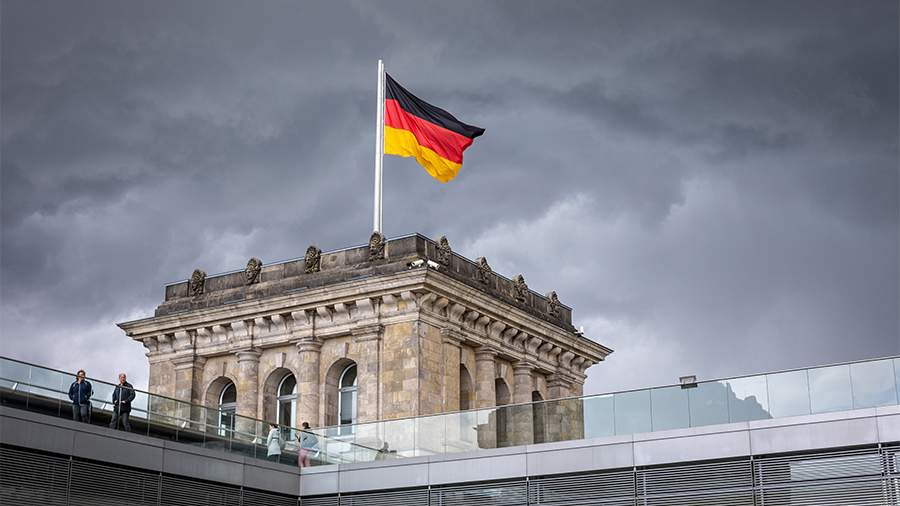A German political scientist pointed to a split in the EU due to the rejection of diplomacy
- Новости
- World
- A German political scientist pointed to a split in the EU due to the rejection of diplomacy

At the moment, the member states of the European Union (EU) do not show unity in rejecting diplomacy in the confrontation with the Russian Federation. On June 25, German political scientist Ulrike Gero told Izvestia on the sidelines of the XI International Scientific Conference "Creativity as a national element: the Problem of Good and Evil" at St. Petersburg University of Economics.
She stressed that in times of conflict there are always two levels — the position of the state and the position of society. According to her, society, more often than not, does not want conflict and tries to interact.
"I am very sorry that the EU authorities are not talking about peace and diplomacy. <...> I think we have hope that things will not get too gloomy," Hero said.
She recalled that Hungarian Prime Minister Viktor Orban, as president of the European Council, tried to engage in diplomacy in the second half of 2024 — he visited Moscow and spoke with Russian President Vladimir Putin and Chinese President Xi Jinping. According to her, the EU authorities have practically blocked the Hungarian prime minister.
The political scientist clarified that Slovakia, Romania, Bulgaria, as well as the southern countries also occupy a position similar to Hungary. Hero stressed that large demonstrations against the conflict were observed in Spain and Italy.
"There are critical voices, but the EU or the EU states are not united. So this is not just an example of Hungary. He (Orban. — Ed.) is the flagship in this shuttle diplomacy of the world. But we need to, and that's exactly what we're trying to do," Hero said.
On June 6, Orban called the EU countries' anti-Russian policy reckless. According to him, Hungary and Slovakia are forming an alliance to stop the policy of Brussels.
Переведено сервисом «Яндекс Переводчик»

